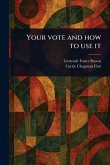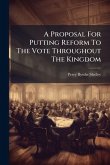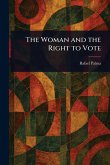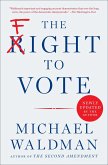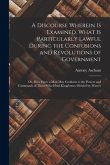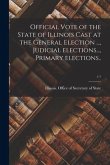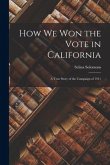"What a Colored Man Should Do to Vote" offers a vital glimpse into the challenges faced by African Americans seeking to exercise their right to vote during the Reconstruction Era. This powerful historical document, originally published anonymously, provides direct insight into the voter registration process and the obstacles erected in the Southern States. Exploring themes of political science and civil rights, this text serves as a crucial primary source for understanding the complexities of the 19th-century United States. It sheds light on the specific steps and strategies Black men were advised to take in order to navigate discriminatory practices and participate in the democratic process. This meticulous print republication ensures that this important piece of history remains accessible. It stands as a testament to the enduring struggle for voting rights and the ongoing pursuit of equality. A valuable resource for anyone interested in American history, African American studies, and the fight for enfranchisement. This work has been selected by scholars as being culturally important, and is part of the knowledge base of civilization as we know it. This work is in the public domain in the United States of America, and possibly other nations. Within the United States, you may freely copy and distribute this work, as no entity (individual or corporate) has a copyright on the body of the work. Scholars believe, and we concur, that this work is important enough to be preserved, reproduced, and made generally available to the public. We appreciate your support of the preservation process, and thank you for being an important part of keeping this knowledge alive and relevant.
Bitte wählen Sie Ihr Anliegen aus.
Rechnungen
Retourenschein anfordern
Bestellstatus
Storno



